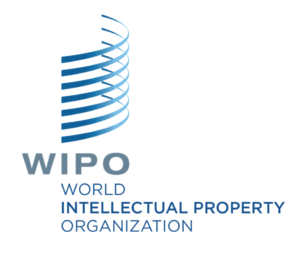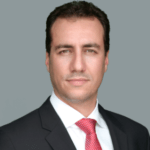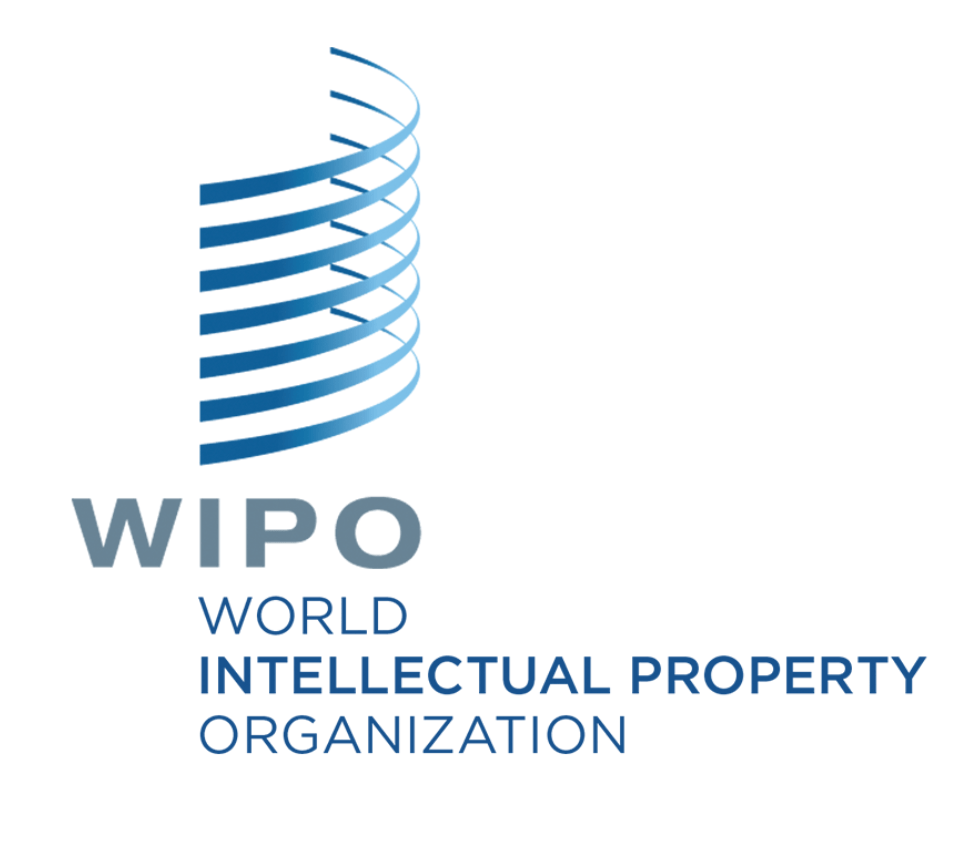When entrepreneurs, tech startups, and small business seek to protect their trademarks, brand, or logos, the option of filing through the Madrid System may arise. The Madrid System is an international system of trademark registration, administered by the International Bureau of the World Intellectual Property Organization (WIPO) a special agency formed under the designation of the United Nations (UN). The Madrid System maintains the International Register of Marks and gives the legal right to a trademark owner with an existing trademark application or registration in a member country a method to readily, and more simply, obtain a trademark registration in a foreign country.
The benefits of the Madrid System to entrepreneurs and startups seeking trademark protection in foreign countries is that it effectively creates a one-stop shop for multinational trademark registration, as opposed to filing each trademark application for registration separation in each jurisdiction, and in some cases, hiring a separate trademark attorney in each country. For example, a trademark Applicant with a pending application in the United States Patent and Trademark Office (USPTO) can use the Madrid System to file the for the same trademark, in for example, the European Union (EU), which is also a member of WIPO, as are countries such as China, Australia and Japan. Most industrialized nations are members of the Madrid System. See full list of signatories here. For a short explanatory video of WIPO from the WIPO.int website, click here.

Legal Requirements of Trademark Applications Under Madrid System
A trademark application for registration pursuant to the Madrid System must be linked to a “base” application or registration already on file in the applicant’s home trademark office. In the example above, the application for trademark protection in the EU using the Madrid System would be based on the underlying trademark application filed in the USPTO. During the Madrid System process, the applicant’s home trademark office will confirm that the international application agrees with the base application or registration, and then forward the documents to WIPO, at which point will verify basic filing requirements and enter the mark in the international register. Copies of the application will then be sent to the trademark offices in the countries designated for registration on the international application. The designated countries have a period of 18 months during which they may approve or refuse registration of the mark based on their respective national standards for registrability. Once the application has met all requirements for registration, WIPO will publish the mark in the International Gazette and issue a single international registration covering the designated countries, which are renewable for ten-year terms.
Priority Dates Under Madrid System Rules
If an applicant for registration through the United States Patent and Trademark Office (USPTO) files a request to extend protection of their trademark to any countries that are members of Madrid System within six months of filing their US application, then the applicant’s international application will bear the same filing date as the US application (pursuant to Article 4 of the Paris Convention). After the six-month window has closed, the international priority benefit is no longer available and any international applications will reflect the date than an applicant filed those international applications.
If protecting a brand, logo, slogan, or mark through international registration is important to an applicant and they wish to retain the priority benefit of the earliest filing date, requesting that the underlying application extend to other territories prior to the six-month deadline should be considered. Applicants are, of course, still permitted to file for international protection at any point after the deadline but they will have lost the advantage of claiming the earlier filing date for priority purposes.
The Madrid System can be a convenient and consolidated means for global trademark filing and maintenance. For expedient, simultaneous, or heightened protection in territories with weak local representation, using the Madrid System could be advantageous to an application. For protection that is broader than what an applicant sought through the USPTO, local ownership of a trademark, marks that an applicant anticipates may change over time, or trademark protection in countries that are not party to the Madrid System, applicant should consider using other registration schemes. It is critical that applicants properly evaluate, with the advice of an experienced trademark attorney, the trademark prosecution and protection strategy that best align with an applicant’s business and branding objectives.

Disclaimer: The content above is a discussion of legal issues and general information; it does not constitute legal advice and should not be used as such without seeking professional legal counsel. Reading the content above does not create an attorney-client relationship. All trademarks are the property of L.A. Tech & Media Law Firm or their respective owners. Copyright 2018. All rights reserved.


